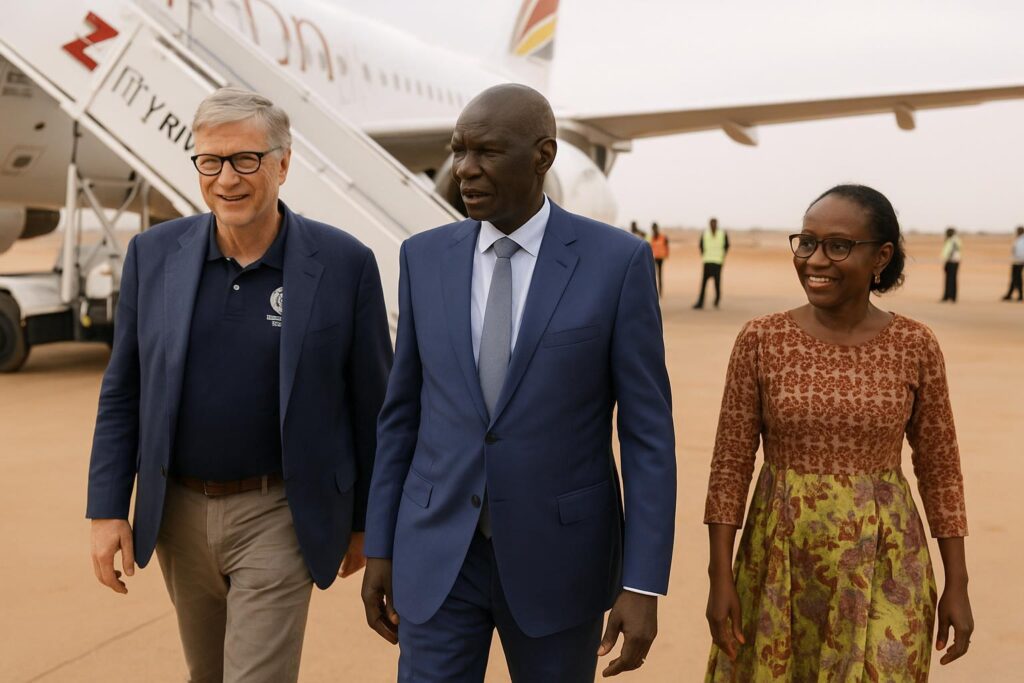UN Delegation Touches Down in Juba
Under-Secretary-General Jean-Pierre Lacroix landed in South Sudan’s capital Wednesday, leading a senior UN team assessing peacekeeping needs amid an unprecedented funding crunch (Eye Radio).
He was welcomed by Ambassador Kureng Akuei of the Foreign Affairs Ministry and Deputy Special Representative Anita Kiki Gbeho, underscoring collaboration between Juba and the United Nations.
Budget Shortfall Forces Global Troop Cuts
A $1.3 billion gap has compelled the UN to order a 25 percent reduction in uniformed personnel across nine of its eleven active missions, the steepest retrenchment in recent memory (Eye Radio).
Washington has indicated it will remit only $682 million of its expected contribution for 2025-2026, leaving planners scrambling to reconcile shrinking resources with expanding security demands.
Operational Impact on East African Stability
Analysts worry that lighter footprints could embolden armed groups from Darfur to the Great Lakes, placing additional pressure on regional frameworks such as the Intergovernmental Authority on Development.
Yet South Sudanese officials cite improved bilateral ties and ongoing security sector reforms as buffers, arguing that national institutions are steadily taking greater ownership of peace efforts.
Tech-Driven Peacekeeping Strategies
India’s army chief, General Upendra Dwivedi, told reporters that future deployments will lean on drones, satellite imagery and artificial intelligence to offset fewer ‘boots on the ground’, a view UN headquarters increasingly shares.
Lacroix added that digital tools must complement, not replace, the human contact essential for community-level trust-building — a nuanced balance that will guide upcoming mandate renewals.
Diplomacy and Funding Pathways Ahead
Negotiations in New York will intensify over the next two months as member states debate assessed contributions, voluntary pledges and potential efficiencies, including shared logistics hubs.
Observers note that African voices are pushing for predictable, adequate financing, arguing that peacekeeping remains a cost-effective instrument for preventing wider conflicts.
For now, Lacroix’s Juba visit signals continuity: even pared-down missions will strive to protect civilians while global deliberations search for sustainable fiscal solutions.


